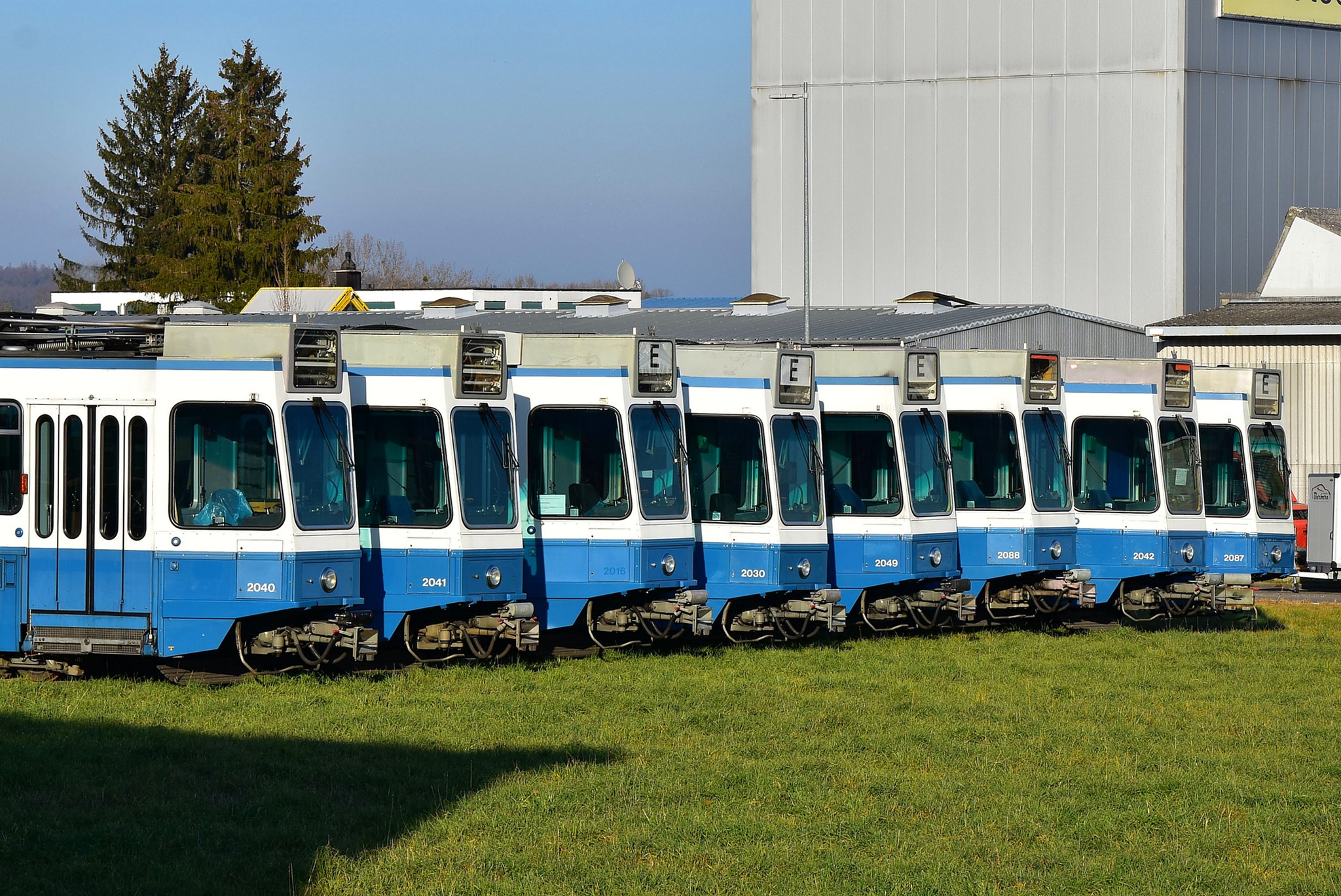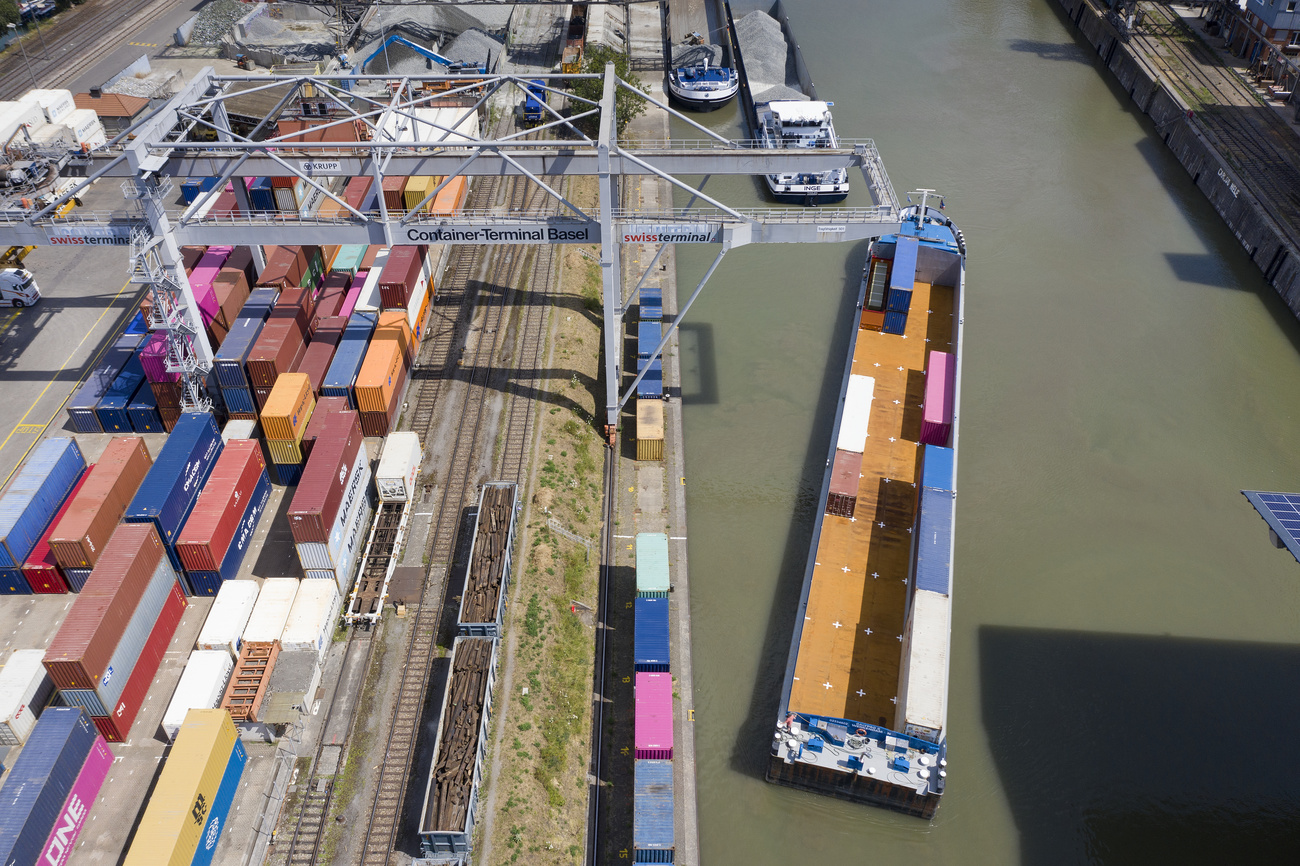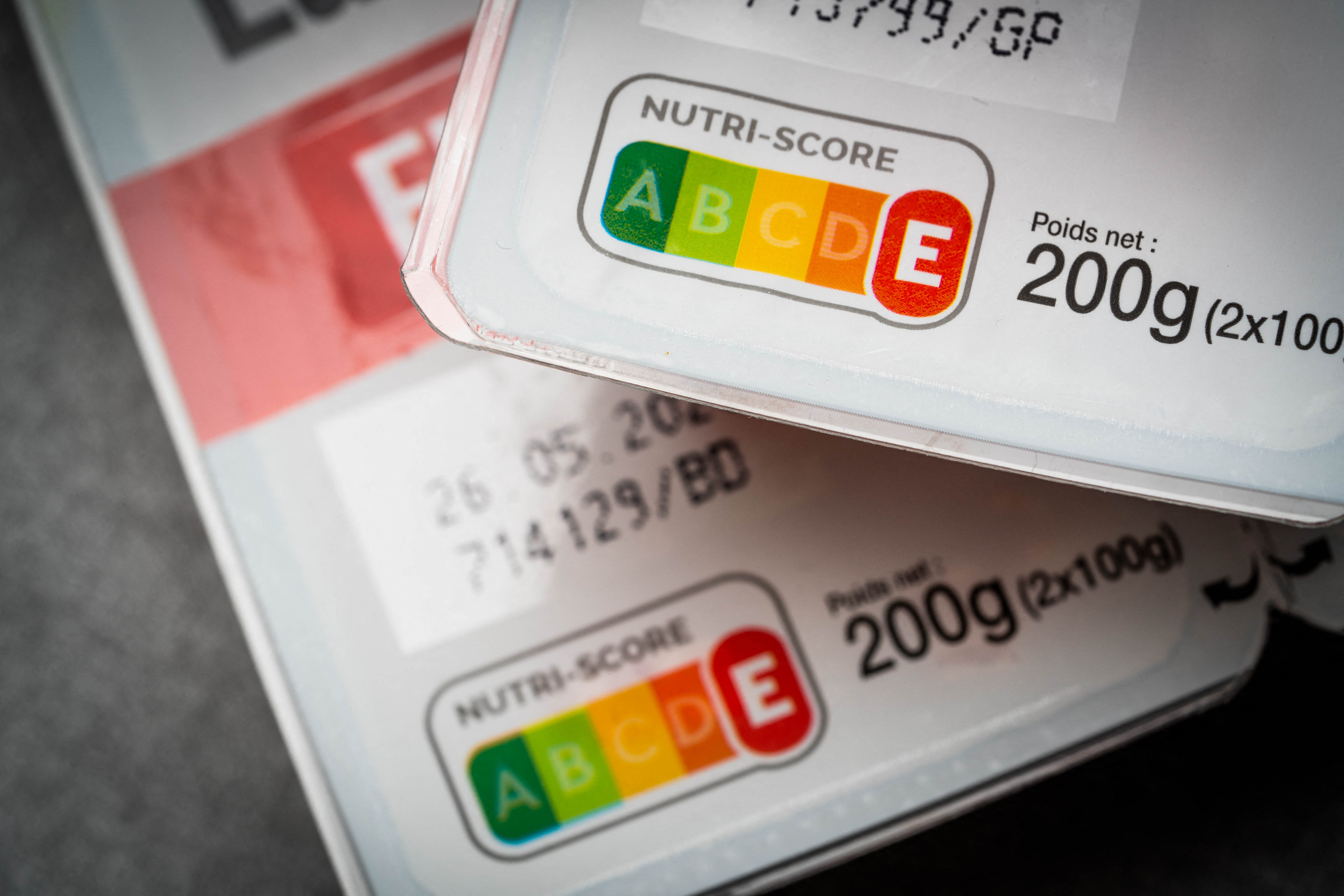Sri Lanka to hold presidential election amid critical economic reforms

By Uditha Jayasinghe
COLOMBO (Reuters) -Sri Lanka will vote on Sept. 21 to elect a new president, a government notice said on Friday, a crucial contest that is expected to determine the future of reforms in the South Asian island nation weathering its worst financial crisis in decades.
Nominations for the election have to be submitted on Aug. 15, the notice added.
Incumbent President Ranil Wickremesinghe is widely expected to run in the election, with almost 17 million of Sri Lanka’s 22 million population eligible to vote.
Wickremesinghe, 75, took office in July 2022 after widespread protests caused by the debilitating financial crisis forced his predecessor Gotabaya Rajapaksa to flee the country and later resign.
Parliament elected Wickremesinghe to serve out the rest of the five year-term vacated by Rajapaksa who was elected in November 2019.
“This is a critical time for Sri Lanka,” said Bhavani Fonseka, senior researcher for Colombo-based Centre for Policy Alternatives.
“An election being called is extremely important for democracy but now the election commission must be allowed to do what they are mandated to do. Having a free and fair election is essential.”
Helped by a $2.9 billion International Monetary Fund (IMF) bailout programme, Wickremesinghe has stitched back the shattered economy, bringing down inflation from a steep 70% in September 2022 to 1.7% in June, strengthening the rupee and rebuilding previously decimated foreign exchange reserves.
Sri Lanka’s economy is expected to grow 3% in 2024 after shrinking 2.3% last year and 7.3% during the height of the crisis.
Bilateral creditors including Japan, China, and India signed up to a $10 billion debt rework last month, which gave Colombo breathing space to defer repayments for four years and save $5 billion.
But Sri Lanka still has to put the finishing touches on a preliminary agreement with bondholders on restructuring $12.5 billion of debt ahead of a third IMF review later this year.
Higher taxes imposed under the IMF programme, prolonged inflation, and a stagnant job market caused by the grinding crisis has plunged a quarter of the population into poverty and pushed thousands to migrate.
Opposition leader Sajith Premadasa and parliamentarian Anura Kumara Dissanayake who heads the Marxist-leaning Janatha Vimukthi Peramuna (JVP) are expected to tap into this discontent as they make their presidential bids.
Both Premadasa and Dissanayake have publicly said that they will look at revamping the IMF programme to reduce the cost of living pressures on Sri Lankans and ease the country’s debt repayment burden.
Sri Lanka’s recovery is still very fragile and attempts to reverse the reforms could precipitate a new crisis, analysts say. The new government will need to ensure the reforms are taken forward and concluded to transform the economy and put it on a positive track, they say.
(Reporting by Uditha Jayasinghe; additional reporting by Chandni Shah and Sudipto Ganguly; Editing by Jacqueline Wong, YP Rajesh and Michael Perry)







